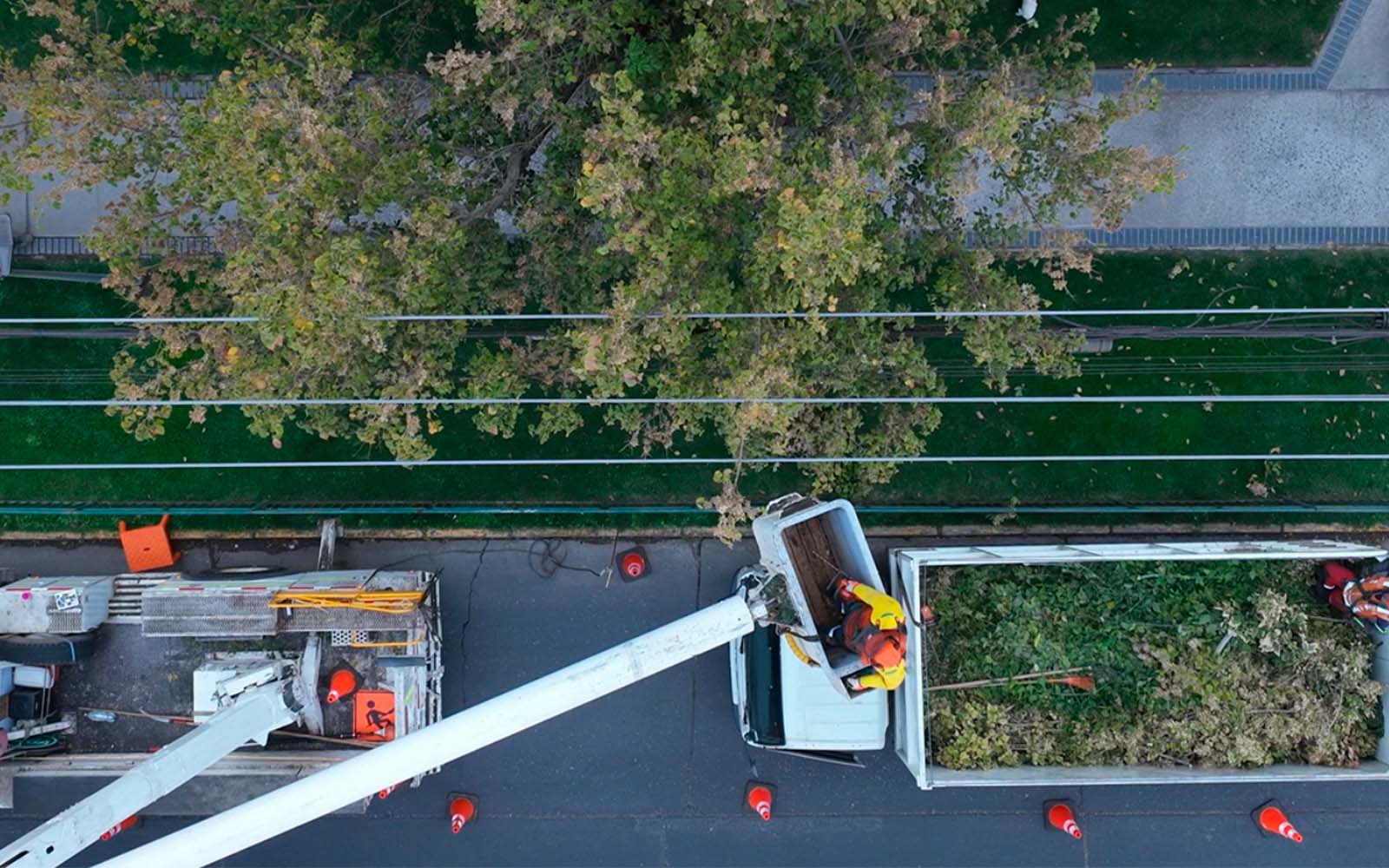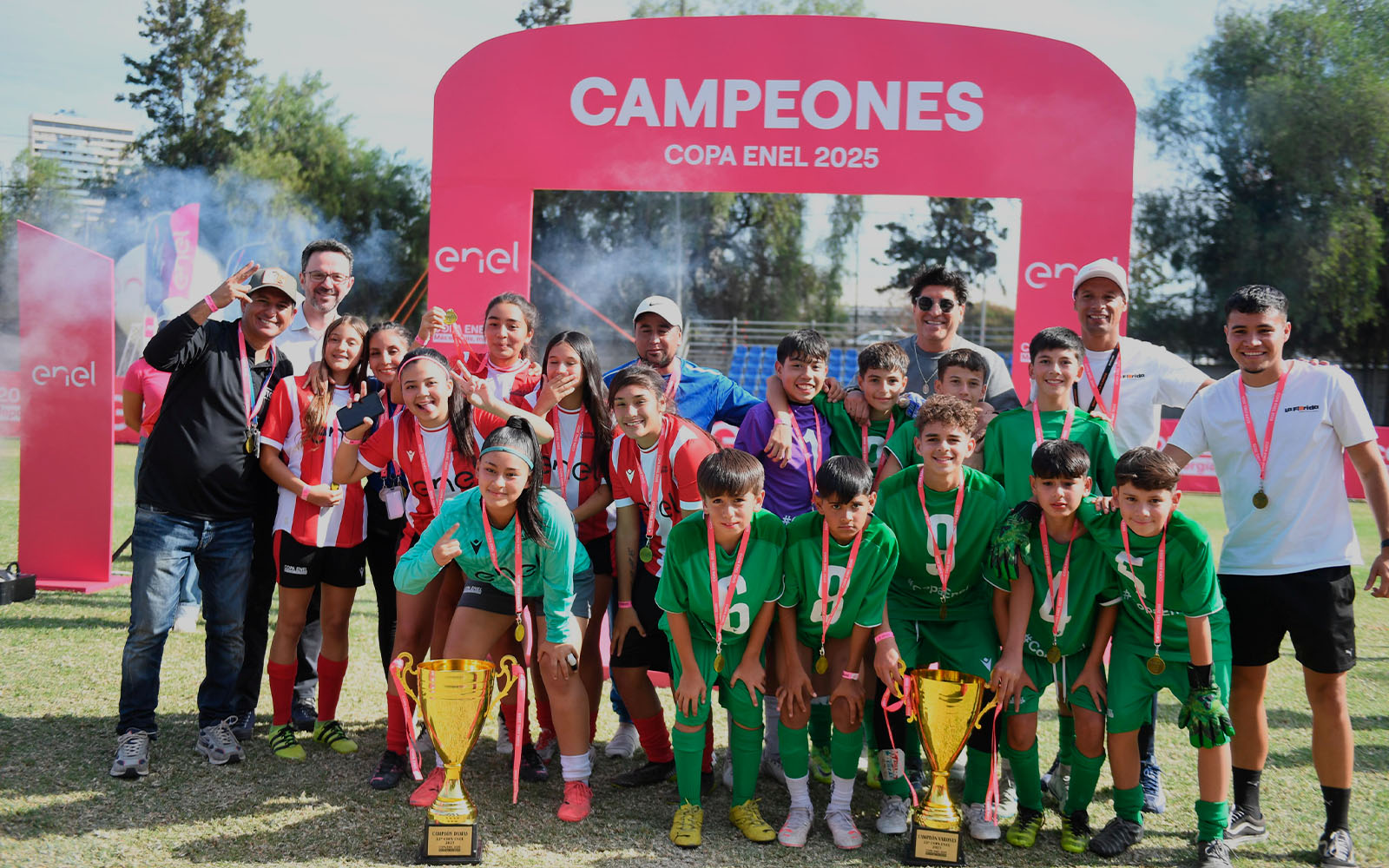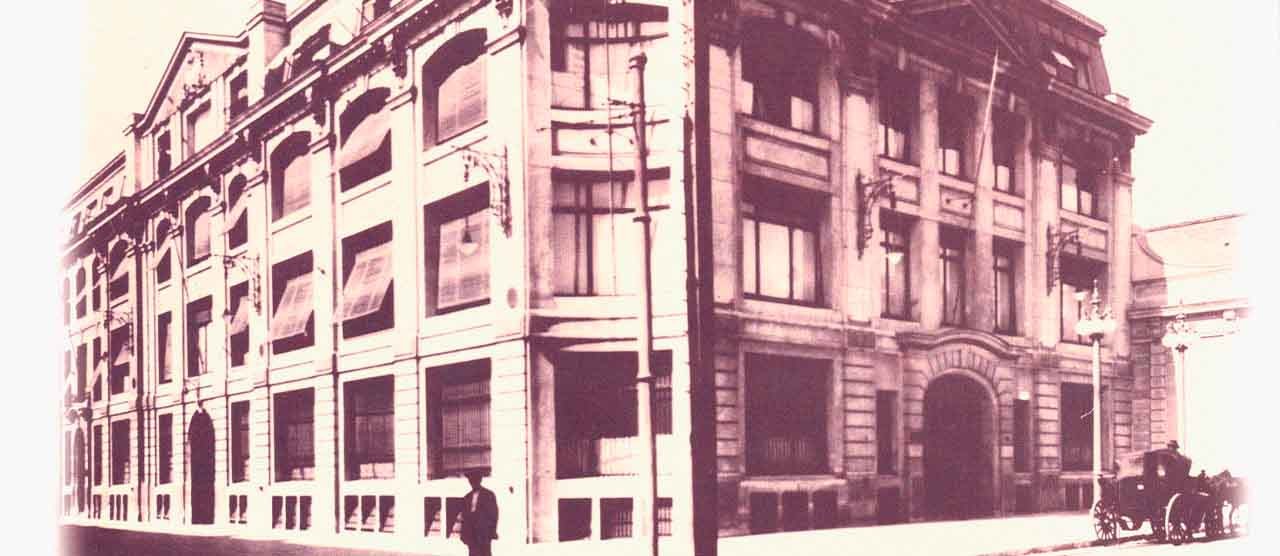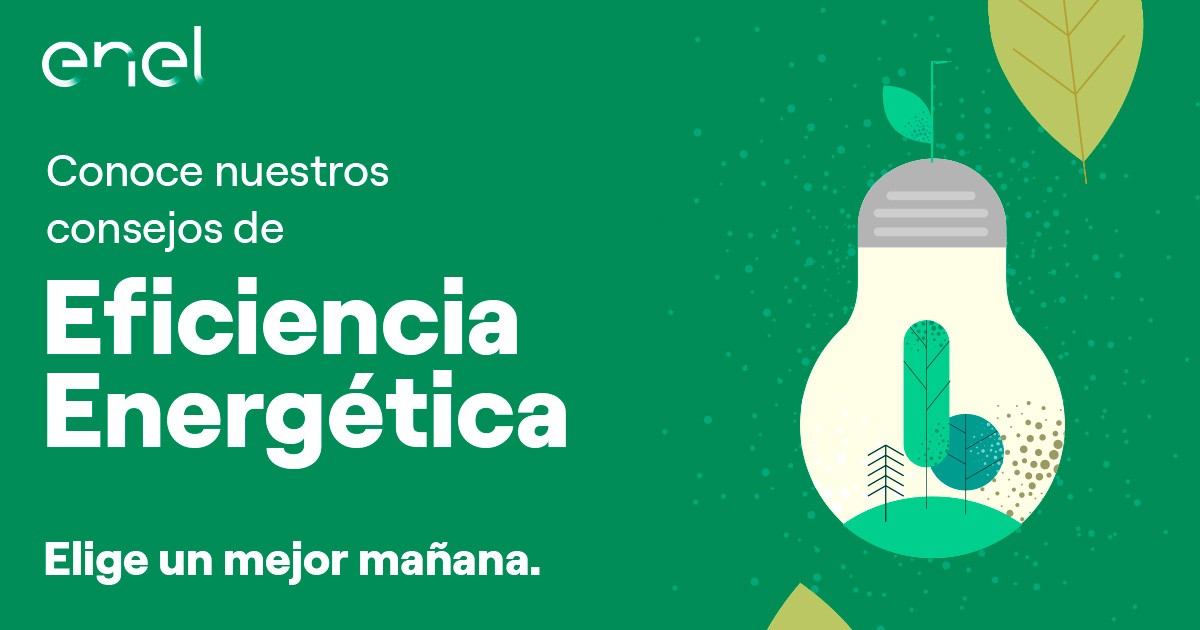



Equipos de las comunas de Santiago y La Florida se coronaron como campeones de Copa Enel 2025
Toda la energía puesta en ti. En Enel trabajamos día a día para mejorar la calidad de vida de todos.
Si tienes un familiar electrodependiente, con hospitalización domiciliaria, regístralo
Conoce las medidas de reforzamiento del Plan Invierno de Enel Distribución
Equipos de las comunas de Santiago y La Florida se coronaron como campeones de Copa Enel 2025
Toda la energía puesta en ti. En Enel trabajamos día a día para mejorar la calidad de vida de todos.
Distribución
Pago de cuenta
-
Pago de cuenta
-
Copia de boleta
-
Mapa de cortes en línea
-
Ante una emergencia estamos contigo
-
autolectura
-
Convenio de Pago
-
Pago de cuenta
-
-
-
Pago de cuenta
-
Copia de boleta
-
Mapa de cortes en línea
-
Ante una emergencia estamos contigo
-
autolectura
-
Convenio de Pago
-
Pago de cuenta
-
-




